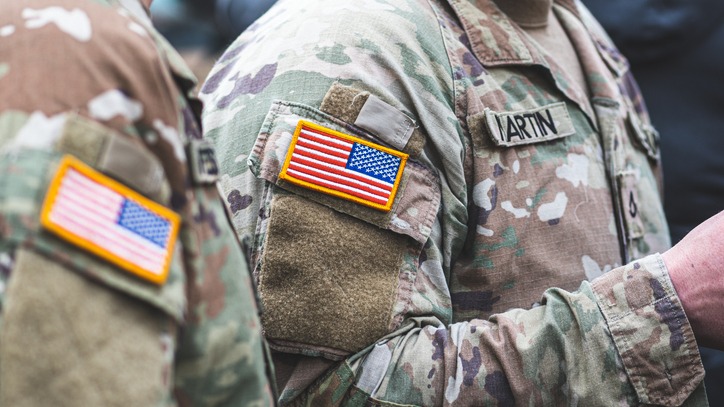
Understanding My 'Why': A Journey Through Pain and Purpose
In the military, the question of why individuals choose to serve is often met with varied responses; some cite honor, others a desire for adventure or career opportunities. For many, myself included, financial pressures can play a pivotal role in this decision. Early in my career, joining the Army was primarily a means to pay off college debt. However, as I grew within the ranks, my reasons transformed, bringing with them a deeper understanding of what it means to be part of a military family.
The Power of Camaraderie
As I transitioned from a junior enlisted Soldier to a commissioned officer, my view of the Army evolved dramatically. The rugged environments and challenging missions bred a form of camaraderie reminiscent of my athletic past. It was in these hard-fought battles, both fierce and gentle, that I came to realize that I had joined not just a profession, but also an extended family. It was an identity rooted deeply in shared experiences, struggles, and triumphs—a realization that would take on a new meaning during one of the most profound losses of my life.
Tragedy Strikes: The Loss of Our Daughter
The true test of this military family came on September 16, 2016. I received a call that reshaped my understanding of family: my wife’s heartbreaking words confirmed the stillbirth of our daughter, Juliana Diane. Amidst the scorching pain of grief, I found myself surrounded by a community that I had often taken for granted—the Army family. This tragic moment forced me to confront my own vulnerability while revealing the extraordinary strength and support that comes from our military circles.
Support Beyond Measure: The Army Family Experience
In those dark days following our loss, I realized that support from my biological family could only stretch so far, constrained by the realities of life and obligations. Yet, what struck me most was how our Army community rallied around us. From fellow Soldiers arriving at the hospital, waiting patiently outside while we faced unimaginable sorrow, to commanders who took the initiative to ensure my leave would be uncompromised, the unwavering support provided by my unit was nothing short of remarkable.
The Essence of Military Leadership and Valor
The kind of leadership demonstrated in such trying times reflects the core values cultivated within military culture. My fellow Soldiers didn’t just fulfill their duties; they embodied courage and compassion. True leadership exists where influence meets empathy, and acts of valor can manifest not only on the battlefield but also in quiet moments of solidarity and understanding. Understanding this connection has profound implications for both military and civilian leadership, highlighting the necessity of building a community that advocates for resilience in times of trials.
Lessons from Grief: Transforming Pain into Purpose
In the aftermath of our loss, my perspective on purpose deepened. The tragic events highlighted the necessity for leaders—military and civilian alike—to not only lead by example but to carry the emotional burdens of their teams with grace. How we respond to adversity shapes our character and our effectiveness as leaders. The Army's commitment to one another reinforces the idea that true leadership goes beyond orders and tactics; it’s about fostering deep, personal connections and a shared sense of mission.
Conclusion: Cultivating a Legacy of Support and Resiliency
Reflecting on my journey, I have come to understand that my 'why' has evolved beyond initial motives. Today, it encompasses the embrace of a military family and a profound respect for the interconnectedness we share. My experience reinforces the concept that in times of grief, true strength arises from support systems that are cultivated within our communities—both military and civilian. As we honor our fallen and their families, we also create a legacy of valor and resilience that inspires future generations of leaders. We must continue to share these stories of courage, for they serve as the bedrock of our identities as both Soldiers and citizens.
Call to Action: As we honor our military heroes, consider ways to support the families who need it most. Engage with local veteran organizations, share their stories, and offer a helping hand where you can. This is how we continue to build strength in our communities.
 Add Row
Add Row  Add
Add 




Write A Comment